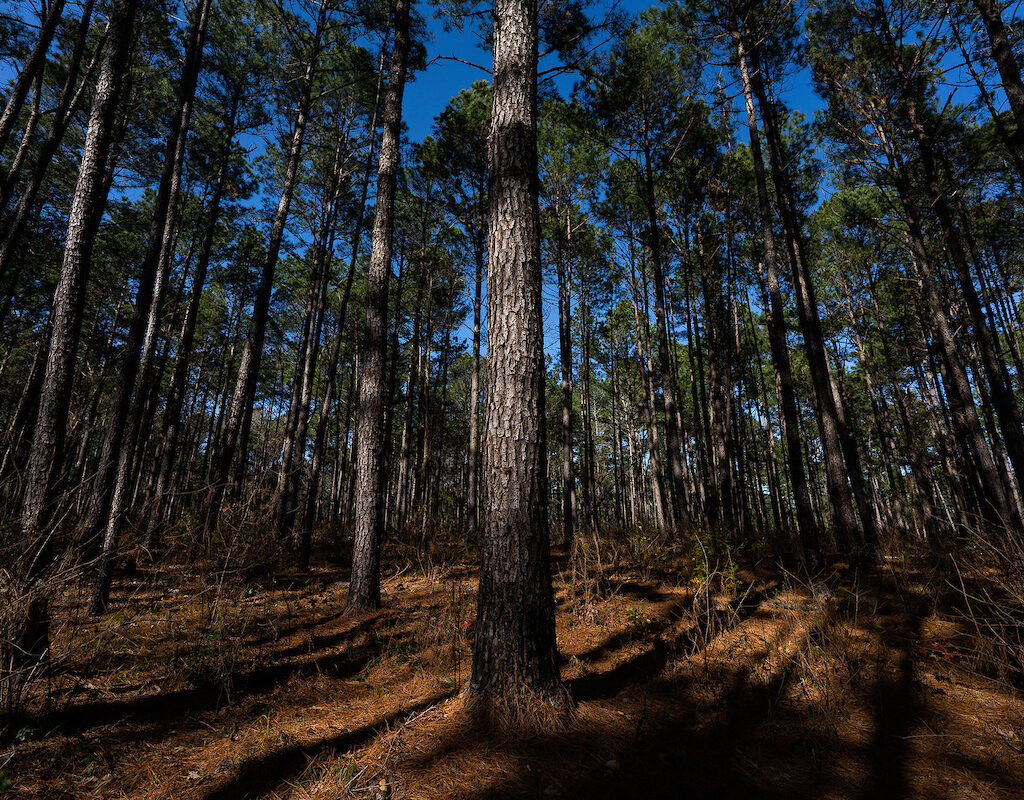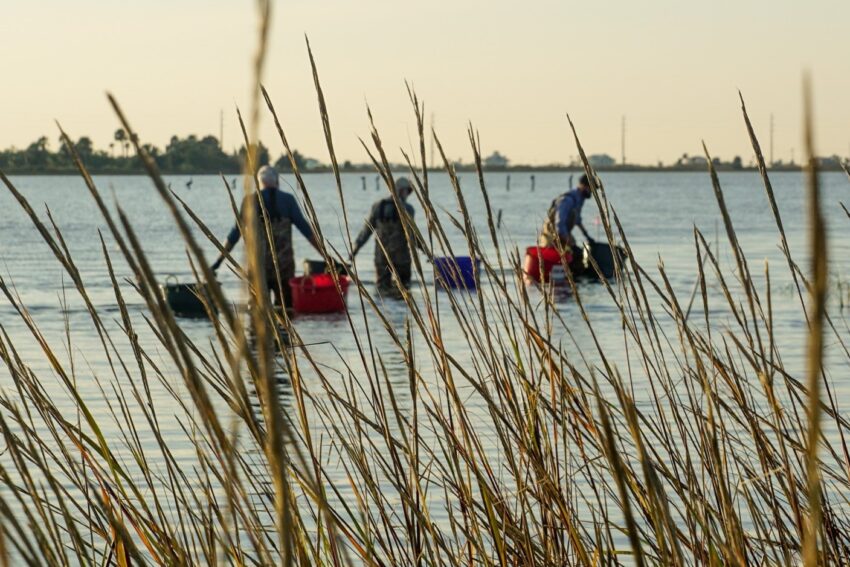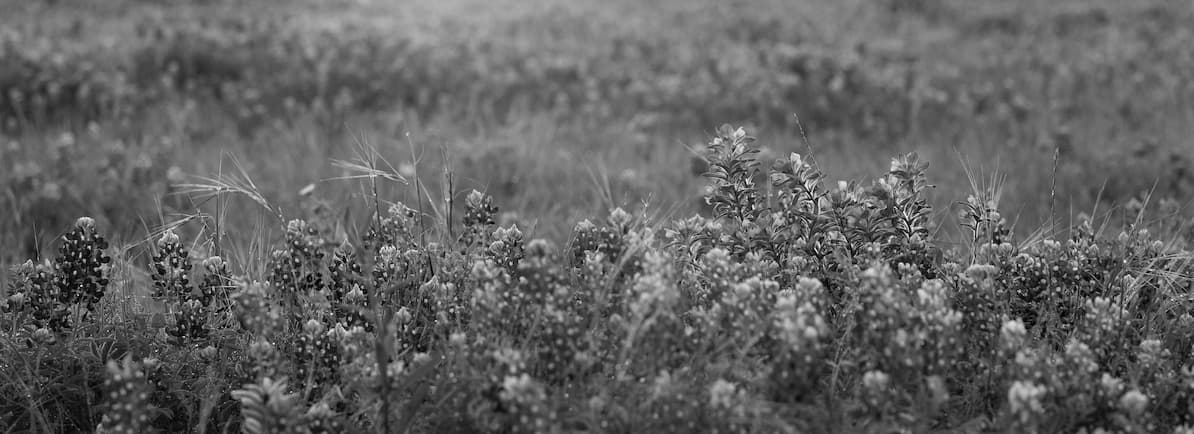Environment & Natural Resources
Helping Texans safeguard the state’s natural environment and natural resources is a big part of our work at the Texas A&M AgriLife Extension Service. Browse by topic below to learn more about what we are doing and how you can get involved.
Related Departments: Rangeland, Wildlife and Fisheries Management, Ecology and Conservation Biology, Biological and Agricultural Engineering

Texas Master Naturalist Program

Learn About
Environment & Natural Resources
Publications
Programs
All Resources on Environment & Natural Resources
- Course
Our self-paced online course covers the basics of soil physical properties and how they affect soil health. It also covers the impact this has on water retention and plant health. Our course welcomes everyone, from beginners to skilled growers and agronomists. Enroll now and dig deeper into soil health!
- Course
Explore the building blocks of healthy soil with this course bundle. Featuring the complete series of our self-paced courses—including our Introduction to Soil Health, the full Soil Properties series, and an interactive workbook. This learning experience is perfect for growers, gardeners, and curious learners alike. Enroll now and start your soil health journey!
- Course
Learn forest basics in 2 hours! This first-of-its-kind, self-paced online course provides a clear and engaging introduction to forest ecosystems, their management, and conservation. Understand the big picture—and why it matters. Enroll today!
- Course
Our self-paced online course covers the basics of soil chemistry properties and how they affect soil health. It also covers the impact they have on fertility and plant health. Our course welcomes everyone, from beginners to skilled growers and agronomists. Enroll now and dig deeper into soil health!
- Course
Our self-paced online course covers the basics of soil biological properties and how they affect plant and environmental health. It also covers practical ways to improve the productivity and sustainability of your soil. Our course welcomes everyone, from beginners to skilled growers and agronomists. Enroll now and dig deeper into soil health!.
